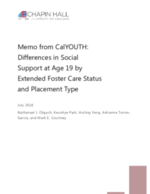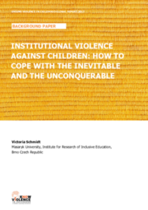This is Samira
This is a short animation movie produced by the Child Protection Working Group for the launch of the "Minimum Standards for Child Protection in Humanitarian Action". It tells the story of Samira, who became separated from her family during an emergency and found child protection workers who were able to locate her family and reunify them.


